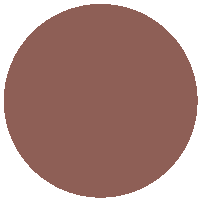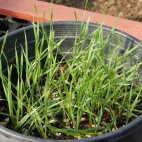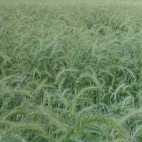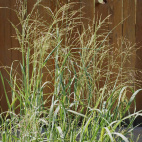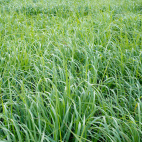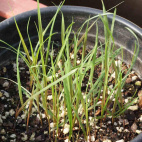Color
USDA Zone
Region
Type
Duration
Season
Germination
Soil
Sunlight
Height
Narrow Your Search
Color
USDA Zone
Region
Type
Duration
Season
Germination
Soil
Sunlight
Height
US Native Grass Seeds
The species on this page are not all technically classified as grasses, but the average gardener would probably call them "grass". Here you will find a variety of seeds of native grasses, sedges, reeds, and rushes. You might not think of grass as being as beautiful as flowers, but some of these wild grasses really are beautiful in their own way. Many of the native prairie grasses turn color in autumn, and the rusty bronze color of the stems adds a real fall aura to the planting. Winter birds benefit from the wild grass seeds, and small animals use the thick undergrowth for cover. The biomass of the grass is also the primary source for fuel when a prairie planting undergoes a planned burn.
-
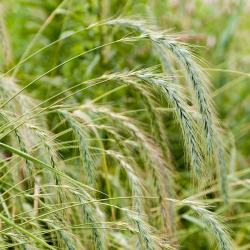 Canada Wild Rye Seeds
Elymus canadensis
Quick View
x
Canada Wild Rye Seeds
Elymus canadensis
Quick View
xCanada Wild Rye Seeds
Starting at $3.75 USD -
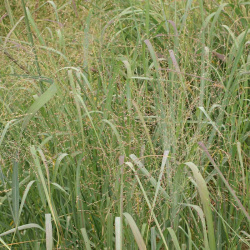 On Sale!
Switch Grass Seeds
Panicum virgatum
Quick View
x
On Sale!
Switch Grass Seeds
Panicum virgatum
Quick View
xSwitch Grass Seeds
Starting at $2.98 USD -
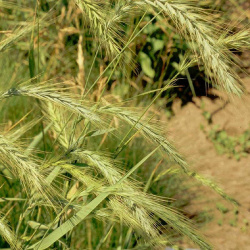 Virginia Wild Rye Seeds
Elymus virginicus
Quick View
x
Virginia Wild Rye Seeds
Elymus virginicus
Quick View
xVirginia Wild Rye Seeds
Elymus virginicus
This perennial grass is not closely related to agricultural rye but is a native grass that is used in many wetland plantings. It is popular because it can tolerate anything from full sun to the woodland setting, making it a versatile species. It is a cool-season grass that is very cold hardy.
Starting at $3.48 USD
The species on this page are not all technically classified as grasses, but the average gardener would probably call them "grass". Here you will find a variety of seeds of native grasses, sedges, reeds, and rushes. You might not think of grass as being as beautiful as flowers, but some of these wild grasses really are beautiful in their own way. Many of the native prairie grasses turn color in autumn, and the rusty bronze color of the stems adds a real fall aura to the planting. Winter birds benefit from the wild grass seeds, and small animals use the thick undergrowth for cover. The biomass of the grass is also the primary source for fuel when a prairie planting undergoes a planned burn.
